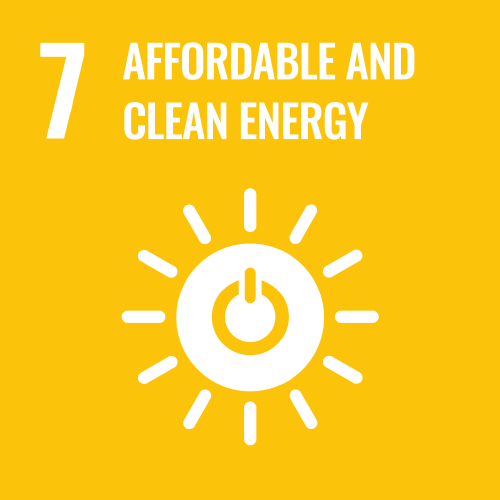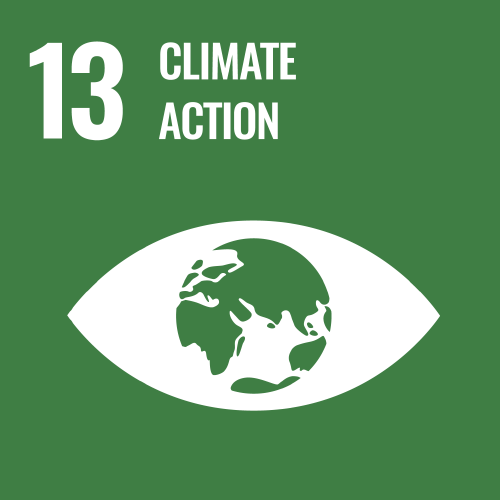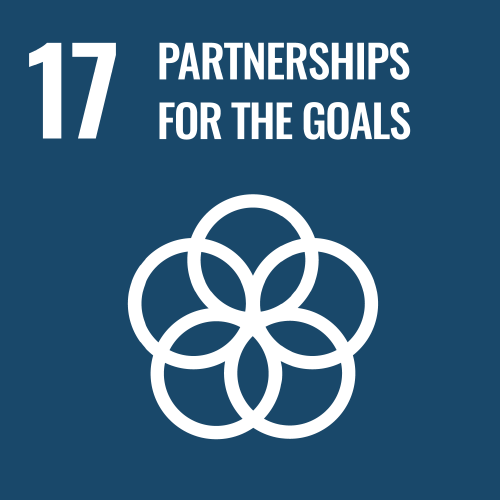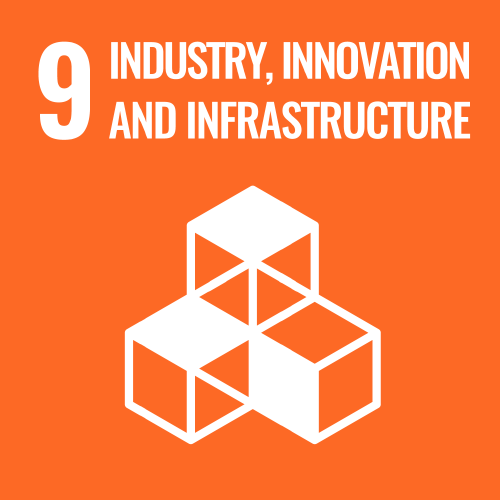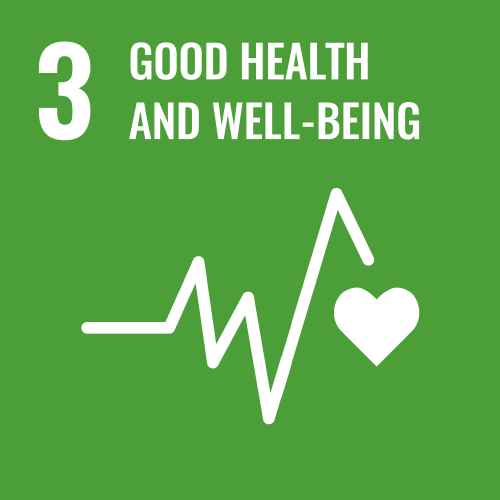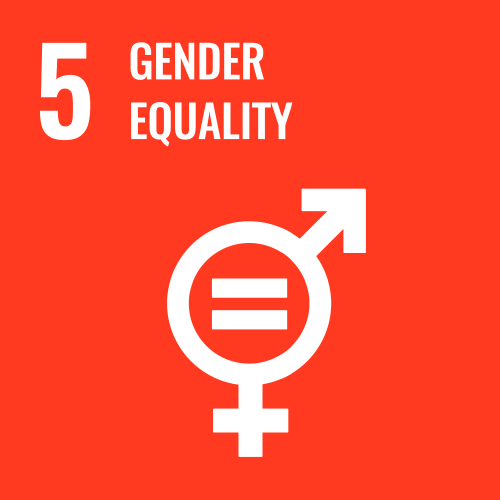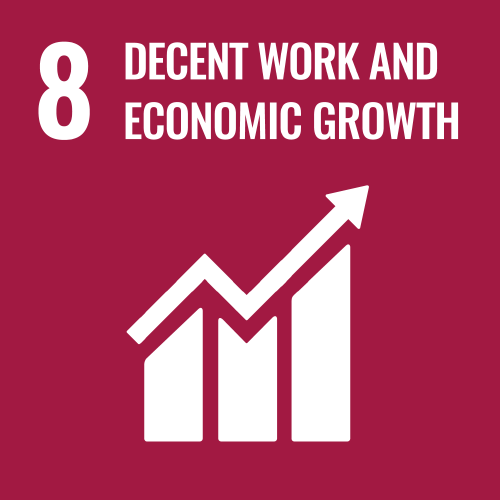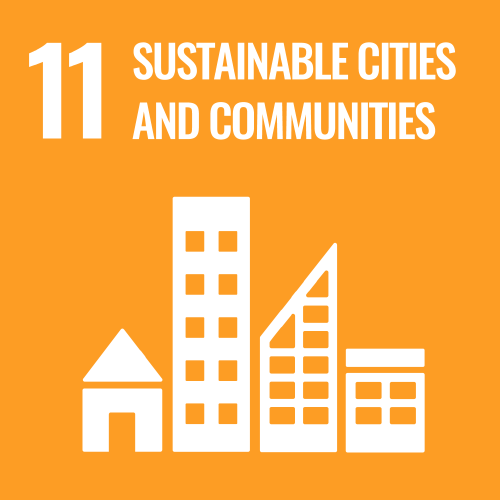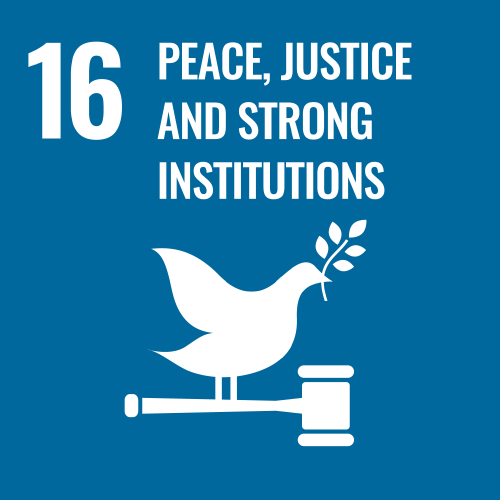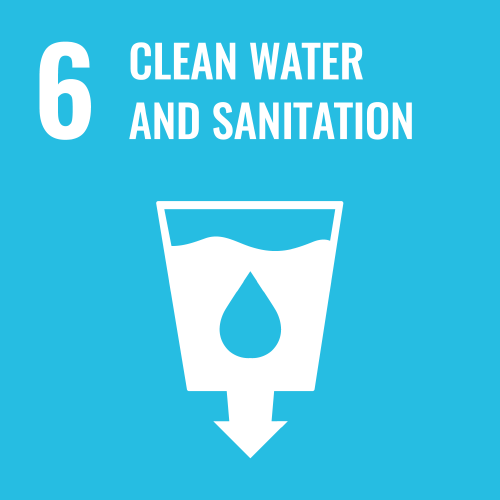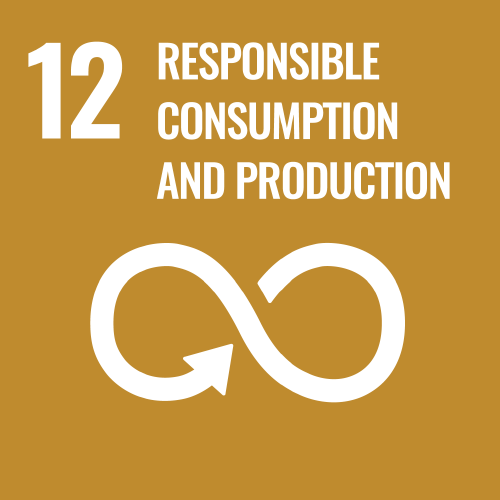Climate change
Innovation and technology
People
Environment
Safe operation
Ethics and transparency
Climate change
To be a net zero emissions company by 2050, while limiting global warming well below 2°C and complying with the Paris Agreement and in line with what is required by society.
-
Objectives for 2023
- Drive the progressive decarbonization of our suppliers and contractors.
-
Objectives for 2025
- Achieve a reduction of 1.5 million tonnes of CO2e in the Refining Spain, Refining Peru, Chemicals, and Exploration & Production businesses.
- Reduce routine flaring by 50% in the Exploration and Production business (operated) compared to 2018.
- Reduce methane emissions intensity by 25% compared to 2017 in the Exploration and Production business.
- Reduce carbon intensity indicator by 12% based on 2016.
- Increase low-carbon electricity generation capacity to 7,500 MW.
-
2020 objectives achieved
- The company's carbon intensity indicator has been reduced by 5%.
- Under the Energy and Carbon Plan, during 2020 we reduced 444 thousand tons of CO2 eq. verifiable under ISO 14064. The reduction in emissions obtained in the 2014-2020 period has reached 2.4 MtCO2 equivalent, meeting the target set for 2020.
- We analyzed the alignment with the objectives derived from the Paris Agreement of the associations and initiatives in which we participate, with the following result: 26 aligned; 2 partially aligned; 0 unaligned.
- We met the objective established with the entry into operation of the Delta Wind Project, made up of eight parks and a total of 89 wind turbines with 335 MW of installed power. Delta will produce 992 GWh per year, the equivalent of the average annual consumption of 300,000 homes, and will avoid the emission of one million tons of CO2 in the atmosphere per year.
- We installed 10 fast charging points (50 kW of power) in 10 service stations, in addition to the 37 that we already had in 2019. We also have two ultra-fast charging facilities.
Innovation and technology
To be a company that drives technological innovation as a lever for transformation towards more sustainable business models. We want to focus on addressing the current challenges facing energy companies such as reducing energy intensity and CO2 emissions, improving the profitability of current assets through sustainable and competitive production, differentiating products from the competition, differentiating solutions based on data, and providing customer-oriented energy services.
-
Objectives for 2022
- Double the percentage of investment in technology projects (40% of total investment in internal R&D projects) aligned with the pillars of the Sustainability Model.
- Continue to invest more than 80% in start-ups aligned with the pillars of our Sustainability Model.
- Promote new digital solutions that contribute to efficient and sustainable power generation, optimising processes and meeting new forms of energy consumption.
-
2020 objectives achieved
- We achieved a 32% investment in technology projects aligned with the pillars of the Sustainability Model, exceeding the goal set for 2020. Investments in "low-emissions technologies" projects stood out.
- We modified the investment areas, focusing on: 1) Decarbonization and circular economy, 2) Advanced mobility and renewables, and 3) Technologies for digitization and optimization of assets.
- We designed digital solutions based on artificial intelligence, advanced data analytics, robotic process automation (RPA) or omnichannel aimed at increasing safety in operations, energy efficiency and the reduction of CO2 emissions.
People
We are committed to people and to promoting their development and their social environment’s development. Therefore, our ambitions are to establish solid relationships with the communities where the Company is present, ensure the safety of people with full respect for human rights, support people and promote their development and their social environment’s development and ensure equal opportunities as an element that distinguishes us as an integrated, diverse, and inclusive company.
-
2021-2025 Objectives
- Be in the top quartile of performance according to Corporate Human Rights Benchmarking (CHRB).
- By 2022, create annual committees with extractive companies in operated countries to discuss best practices and ways to improve human rights management.
- By 2023, train and raise human rights awareness for everyone involved in procurement and contracting processes.
- By 2025, contribute to the 2030 Agenda through our social projects, benefiting 800,000 people.
-
2025 Objectives
- Establish parity in recruitment processes and ensure the use of inclusive diversity criteria at all stages of career development with the goal of reaching 35% of women in leadership positions. Be recognised as a diverse and inclusive company.
- Carry out identified initiatives that promote LGBTI inclusion.
- Have a flexible working scheme in an environment of new ways of working, based on trust, responsibility and self-management of the team.
- Exceed legal obligations in relation to the employment of people with disabilities in the countries in which it applies and inclusion activities for other vulnerable groups.
- Ensure the implementation of the strategic framework for occupational health and wellbeing in all the countries where Repsol operates.
- Have a global pandemic management action plan that allows us to mitigate the risk of interruption of our activity.
-
2020 objectives achieved
- Using the United Nations Guiding Principles as a basis, we analyzed the grievance mechanisms in different countries, proposing improvement actions. The project concluded in 2020 with actions in Mexico, Ecuador and Bolivia.
- We developed and internally communicated the new methodology for calculating the beneficiaries of our social projects, which is common for the company and for Repsol Foundation. It is based on defining existing project typologies and establishing a single indicator associated with each typology that is easily understandable.
- We have encouraged to take the online course on unconscious bias, which aims to promote diversity and equal opportunities.
- We achieved the goal of reaching 31% of women in leadership positions. The gender equality and parity initiatives have allowed us to reach 58% of women in external hires and 40% in promotions.
- We signed the Standards of Conduct for LGBT non-discrimination companies, promoted by the United Nations, and we have created a group of LGBT Allies with participants in Spain, Brazil and the USA.
- In Spain, the 2,592 teleworkers were joined by 4,190 working remotely due to the pandemic. A perception survey shows 86% favorability with regard to teleworking.
Environmental
To be a company with excellent environmental management and integrated decision-making, minimizing the consumption of virgin resources and waste generation, optimizing our production processes and increasing the useful life of our products.
-
Objectives for 2023
- Train and raise environmental awareness among everyone involved in purchasing and contracting processes.
- Implement environmental criteria in the management of suppliers and the contracting processes for goods and services with high safety and environmental risks.
- Build and start up the first advanced biofuels production plant at the Cartagena refinery with a capacity of 250,000 tonnes from waste.
-
Objectives for 2025
- Develop cross-cutting circular economy projects.
- Have integrated water management in all our assets and industrial centres in the Exploration and Production, Refining and Chemicals businesses.
- Quantify environmental impacts and dependencies under natural capital criteria, carrying out pilot projects in the company's main businesses.
- Have effective risk management mechanisms in place for new acquisitions and business linkages.
- Train and raise awareness of the environment among all employees.
-
Objectives for 2030
- Achieve a sustainable biofuels production capacity of 1.3 million tonnes by 2025 and more than 2 million tonnes by 2030, of which more than 65% will be produced from waste and up to 100% to meet market or regulatory demands.
- Recycle the equivalent of 20% of our total polyolefin production by 2030.
-
2020 objectives achieved
- We developed and implemented more than 220 circular economy projects in 14 countries throughout the value chain.
- We developed a scorecard to measure the circularity of the company and created a specific section on the corporate website to promote its dissemination.
- We participated in the development of the biodiversity guide of the Natural Capital Protocol, with the Natural Capital Coalition and the World Conservation Monitoring Center of the United Nations Environment Program (UNEP-WCMC).
- We updated the online course "Introduction to Safety and the Environment", on circular economy, climate change, water management, waste management, natural capital and biodiversity, incident management and learning, risks and impacts and safety culture of Repsol. This course has already been completed by 300 people (July - December 2020).
- We monitored compliance with safety and environmental standards (SMA) in the contracting, qualification and evaluation of suppliers, with a level of compliance of 90%.
Safe operation
We aim for our zero accidents goal, demanding a high level of safety in our processes and facilities with special attention to protecting people and the environment around us, also working to raise awareness among our suppliers and contractors.
-
2023 Objectives
- Train and raise safety awareness among everyone involved in purchasing and contracting processes.
- Implement standardized safety criteria in the management of suppliers and in all contracting processes for goods and services with high safety and environmental risks.
- Keep cybersecurity awareness for everyone in the company up to date.
- Incorporate the latest advanced technical protection technology into our infrastructure, both central and operational.
- Retest and update our cyber incident response plans.
- Constantly analyse evolving threats to guide our protection systems and processes.
- Expand our cyber intelligence and offensive security capabilities.
-
2025 Objectives
- Implement processes in all the Company's businesses to ensure risk management throughout the life cycle of assets and projects.
- Exercise leadership in safety clearly, proactively and systematically at all levels of the organisation, starting with the management team.
- Improve personal and process accident rates in accordance with the paths calculated on the basis of the best performance of companies in the sector.
- Implement Repsol's safety requirements in all new acquisitions and links with commercial relations.
-
2020 objectives achieved
- We incorporated the analysis of human factors in incident investigations, and established improvement actions to avoid them. In addition, we have worked to deploy factors that influence performance, such as fatigue or work overload, in our research and tools.
- We completed the initial phase of the “Safety Leap” program, encompassing a group of more than 2,300 people (99.4% of all leaders).
- We trained the purchasing area in safety and environment with the online course "Introduction to Safety and the Environment". 60% of employees in that area completed the course during 2020.
- We monitored compliance with safety and environmental standards (SMA) in the contracting, qualification and evaluation of suppliers, with a 90% rate of compliance.
Ethics and transparency
We act responsibly and with integrity wherever we are present. Based on this, our ambitions are to ensure that there are no cases of corruption in the activities carried out by the Repsol Group to achieve the highest national and international standards in matters of good governance and be publicly recognised as a company with integrity and transparency in fiscal matters.
-
2023 Objectives
- Train and raise awareness of compliance issues among everyone involved in procurement and contracting processes.
- Eliminate presence in tax havens (except for unavoidable and legitimate business reasons) and streamline the corporate structure.
- Be considered as a "transparent" or "responsible" entity by the stakeholders who carry out evaluations.
- Promote cooperative relations and the search for amicable solutions with tax administrations.
-
2025 Objectives
- Consolidate the compliance model, adapting to the evolution of the company and focusing on the management and culture of compliance.
- Formalise self-monitoring models adapted to the specific regulatory requirements of countries and businesses with higher risk.
- The Board of Directors will continue to promote the company's sustainability by incorporating the best practices available and the creation of long-term value for its stakeholders.
-
2020 objectives achieved
- We implemented a formalized indicator management and reporting system using a scorecard of compliance indicators to objectively measure the company's performance in terms of compliance.
- We selected a leading market tool to optimize the management and traceability of Repsol's obligations in relation to the GDPR (General Data Protection Regulation).
- With regard to corporate simplification, 28 entities have been dissolved or have ceased in their activities. We don’t have any active and controlled companies in tax havens according to the Spanish list.
- We voluntarily published the CbCR, being the first Spanish company to make it public. We continue leading rankings of the most transparent companies of the IBEX 35 by the Compromiso y Transparencia Foundation and Oxfam.
- Repsol has reinforced its commitment to cooperative compliance with the Spanish tax authorities (AEAT) in the framework of the Spanish best tax practices code by filing the report “Informe Voluntario de Transparencia 2019”. The AEAT highlights Repsol's availability and willingness that will contribute towards mutual knowledge, trust and tax certainty.
